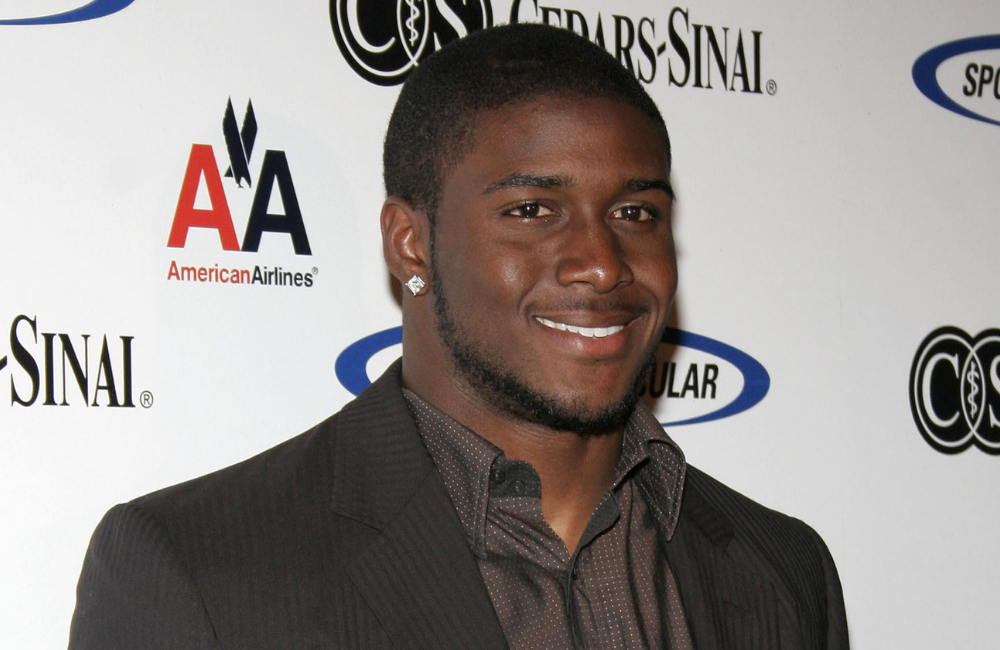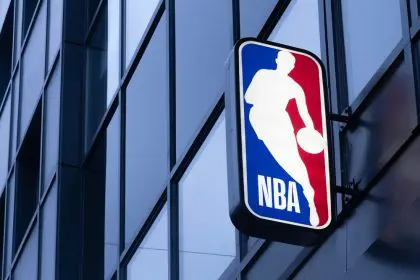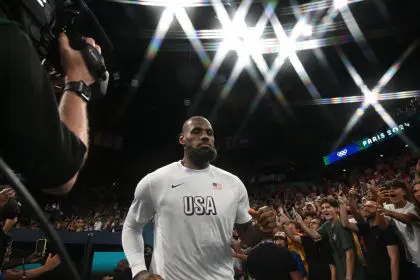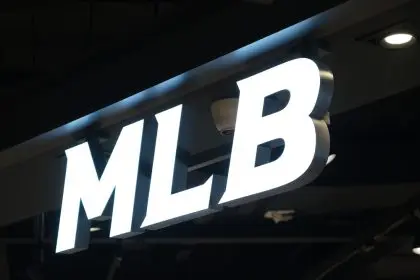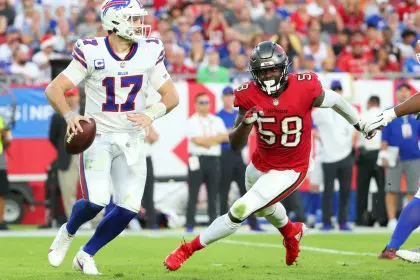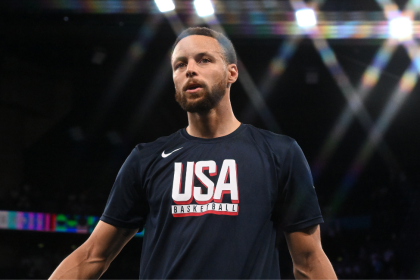A Van Nuys, Calif., courtroom delivered a significant blow to former USC football legend Reggie Bush, ordering the 2005 Heisman Trophy winner to pay $1.4 million to businessman Lloyd Lake in a defamation case that resurrects the darkest chapter of college football’s most infamous scandal.
The financial penalty represents enduring consequences of the NCAA violations that toppled USC’s football dynasty and stripped Bush of his most prestigious award nearly two decades ago.
Legal ruling against Bush
Van Nuys Superior Court Judge Eric Harmon upheld an earlier arbitration ruling that found Bush liable for damaging Lake’s reputation through inflammatory public statements. The decision, originally handed down by arbitrator Jeffery G. Benz, awarded Lake $500,000 in direct damages while adding more than $800,000 in attorney fees and court costs.
Lake, who maintained business relationships within USC‘s football program during the mid-2000s, pursued legal action after Bush launched verbal attacks against him. The businessman argued that Bush’s comments crossed the line from criticism into character assassination, permanently damaging his standing in the community.
The podcast comments that proved costly
The controversy erupted when Bush appeared on the “I Am An Athlete” podcast, where he unleashed accusations against Lake that would later prove expensive. Bush amplified his attacks through social media platforms, reaching thousands of followers with claims that Lake engaged in blackmail tactics.
Most damaging was Bush’s colorful comparison of Lake’s alleged criminal history to “the Cheesecake Factory menu,” suggesting an extensive record of wrongdoing. These statements, according to court documents, went beyond protected opinion and ventured into defamatory territory that state law prohibits.
The impact extended beyond digital platforms. Lake’s family discovered vandalized property at their home, including graffiti that read “Help Reggie Bush Get His Trophy Back F— Crook” and “187”—California’s penal code reference for murder. While Bush wasn’t directly responsible for the vandalism, the court found his public statements created an environment that encouraged such behavior.
Violation of sacred agreement
Central to the court’s decision was Bush’s violation of a non-disparagement agreement that both men signed as part of their original legal settlement. This contract, born from the improper benefits scandal that devastated USC’s football program, explicitly forbade either party from making public statements that could harm the other’s reputation.
The agreement emerged from the NCAA investigation that ultimately forced USC to vacate its National Championship title and compelled Bush to return his Heisman Trophy. By breaking this promise more than a decade later, Bush opened himself to legal liability that his attorneys couldn’t overcome.
Limited legal victories
Bush‘s defense team achieved modest success by convincing the court to seal portions of the case record, potentially protecting some sensitive information from public scrutiny. However, this tactical victory paled in comparison to the substantial financial judgment against their client.
Broader impact on modern athletics
The ruling arrives at a pivotal moment for college athletics, as universities and athletes navigate the new landscape of Name, Image, and Likeness rights. The Bush case serves as a cautionary tale about the lasting consequences of past violations and the importance of honoring legal agreements.
Current college athletes enjoying newfound financial opportunities through NIL deals should take note of how past scandals continue to haunt those involved. The case demonstrates that public statements, whether made in podcasts, social media, or other forums, carry real legal risks that can result in substantial financial penalties.
Lasting consequences
The USC scandal remains one of college football’s most dramatic controversies, involving improper benefits that violated NCAA regulations. Bush’s relationship with Lake was part of the broader network of financial arrangements that ultimately brought down one of the sport’s most successful programs.
As Bush faces the financial reality of this judgment, the case underscores how legal obligations can extend far beyond their original context. The agreement that Bush violated was designed to close a chapter on the USC scandal, but his comments reopened old wounds and created new legal liabilities.
For Lake, the victory represents vindication after years of being associated with college football’s biggest scandal. The substantial award acknowledges not just immediate harm from Bush’s statements, but long-term damage to his reputation and business relationships.

